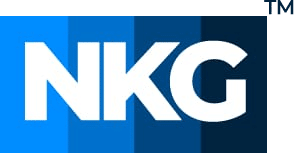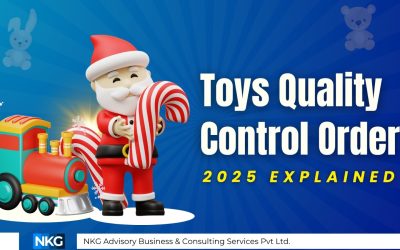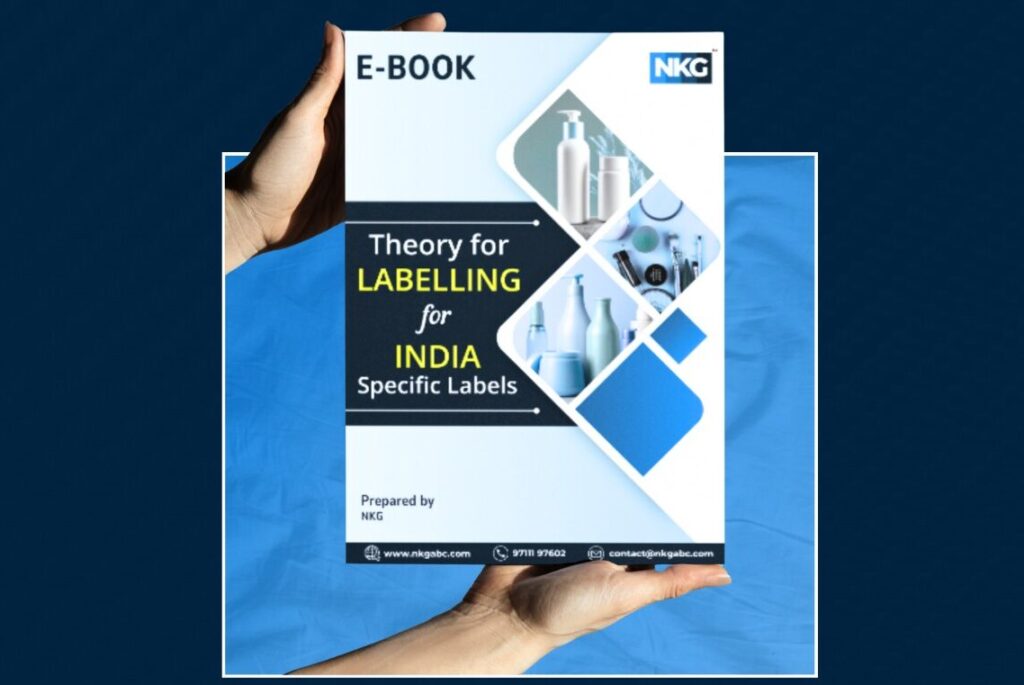Introduction:
Cosmetics play a major role in our daily lives, helping us look and feel our best. But have you ever stopped to think about what’s really in those products you’re putting on your skin?
The cosmetics industry is loosely regulated, and many popular ingredients have been linked to potential health concerns like hormone disruption, allergic reactions, and even cancer risk.
That’s why it’s so important for cosmetic companies to practice rigorous due diligence – thoroughly investigating and analyzing products before releasing them to market.
Due diligence helps ensure products meet safety standards, comply with regulations, make truthful marketing claims, and most importantly, protect consumer health. This multi-step process involves assessing ingredient safety, conducting efficacy testing, implementing quality control in manufacturing, and providing accurate labeling.
In this blog, we’ll dive deeper into the crucial steps of cosmetic due diligence and why it should matter to every conscious consumer.
What is Due Diligence?
Due diligence means thoroughly investigating and analyzing a situation before deciding or purchasing. Regarding cosmetics, due diligence involves carefully researching product ingredients, company practices, and any potential health/safety risks.
What is the Due Diligence of Cosmetics?
Due diligence in cosmetics refers to the systematic process of evaluating and verifying the safety, quality, and regulatory compliance of cosmetic products before they are launched in the market. It involves a comprehensive review of the product formulation, ingredients, manufacturing processes, testing protocols, labeling, and marketing claims. This process aims to identify potential risks, ensure adherence to relevant laws and regulations, and safeguard consumer health and safety.
Thorough due diligence helps cosmetic companies mitigate legal liabilities, protect their brand reputation, and maintain consumer trust in their products.
Why Due Diligence for Cosmetics is So Important?
Here are the reasons why due diligence for cosmetic products is important in India:
- Regulatory Compliance: India has strict regulations for cosmetic products under the Drugs and Cosmetics Act, of 1940, and the Drugs and Cosmetics Rules, of 1945. Due diligence ensures that cosmetic companies comply with these regulations, including ingredient restrictions, labeling requirements, and manufacturing standards.
- Consumer Safety: With increasing consumer awareness about product safety, due diligence helps cosmetic companies in India ensure that their products are safe for use and do not contain any harmful or prohibited ingredients. This is crucial for building consumer trust and protecting public health.
- Quality Control: Due diligence processes help maintain strict quality control measures throughout the supply chain, from sourcing raw materials to manufacturing and distribution. This ensures consistent product quality and meets consumer expectations.
- Counterfeiting and Adulteration: The Indian cosmetics market has faced issues of counterfeiting and adulteration, which can pose serious health risks. Due diligence helps companies verify the authenticity of raw materials and identify potential sources of adulteration, protecting consumers and brand reputation.
- Legal and Financial Risks: Inadequate due diligence can expose cosmetic companies in India to legal liabilities, financial penalties, and reputational damage. Thorough due diligence helps mitigate these risks by identifying potential issues and allowing for corrective actions.
Due Diligence of Cosmetics: A Comprehensive Guide:
The cosmetics industry is a multi-billion dollar market that continues to grow every year. With so many products on the shelves, consumers must be informed about what they’re putting on their skin. Cosmetic companies are responsible for ensuring their products’ safety and efficacy through a rigorous process called due diligence.
Due diligence is a systematic and comprehensive investigation carried out by cosmetic companies to assess potential risks, liabilities, and opportunities associated with a product or ingredient before it’s released into the market. This process is essential to protect consumer health, comply with regulations, and maintain the company’s reputation.
At NKG, we understand the importance of due diligence in the cosmetics industry. Our team of experts can guide you through each step of the process, ensuring that your products meet the highest standards of safety and quality.
Here are the steps involved in Due Diligence of Cosmetics:
Step 1: Regulatory Compliance
The first step in the due diligence process is to ensure that your cosmetic products comply with all relevant regulations. These regulations vary from country to country, but generally cover areas such as ingredient safety, labeling requirements, and manufacturing practices.
In India, the Central Drug Standard Control Organization (CDSCO) is the primary regulatory body for cosmetics. The CDSCO’s regulations cover everything from prohibited ingredients to good manufacturing practices.
NKG can help you navigate the complex world of cosmetic regulations. Our team stays up-to-date with the latest changes and can ensure that your products meet all necessary requirements.
Step 2: Ingredient Safety Assessment
One of the most critical aspects of due diligence is assessing the safety of the ingredients used in your cosmetic products. This involves evaluating the potential risks associated with each ingredient, including toxicity, allergic reactions, and long-term health effects.
The safety assessment process typically involves reviewing scientific literature, conducting toxicological studies, and consulting with experts in the field. It’s important to note that even natural or plant-derived ingredients can pose risks if used improperly or in incorrect concentrations.
At NKG, we have a team of experienced toxicologists and chemists who can conduct thorough ingredient safety assessments. We can help you identify potential risks and make informed decisions about which ingredients to use in your products.
Step 3: Efficacy Testing
In addition to safety, due diligence also involves evaluating the efficacy of your cosmetic products. Consumers want products that deliver on their promised benefits, whether it’s reducing wrinkles, hydrating the skin, or improving skin tone.
Efficacy testing typically involves clinical trials or consumer studies to assess the product’s performance under real-world conditions. These studies can range from small-scale pilot trials to large-scale, double-blind, placebo-controlled studies, depending on the product and the claims being made.
NKG has partnerships with reputable testing facilities and can help you design and execute efficacy studies that meet industry standards. Our team can analyze the results and provide guidance on how to communicate your product’s benefits accurately and transparently.
Step 4: Manufacturing and Quality Control
Due diligence doesn’t stop at the product development stage. It’s also essential to ensure that your cosmetic products are manufactured under strict quality control measures to maintain consistency and safety.
Good Manufacturing Practices (GMPs) are a set of guidelines and regulations that govern the manufacturing process for cosmetics. These practices cover areas such as facility design, equipment maintenance, personnel training, and product testing.
NKG can help you implement robust quality control systems and ensure that your manufacturing processes meet GMP standards. Our experts can conduct audits, provide training, and help you establish standard operating procedures to minimize the risk of contamination or product defects.
Step 5: Labeling and Marketing Claims
Accurate and transparent labeling is a critical aspect of due diligence in the cosmetics industry. Consumers rely on product labels to make informed decisions about the products they use, and cosmetic companies are legally required to provide certain information on their labels.
In addition to complying with labeling regulations, it’s also important to ensure that your marketing claims are truthful and substantiated. Making false or misleading claims about a product’s benefits can lead to legal consequences and damage your company’s reputation.
NKG can review your product labels and marketing materials to ensure compliance with regulations and industry best practices. Our team can help you craft clear, accurate, and compelling claims that resonate with consumers without crossing ethical or legal boundaries.
Conclusion:
Due diligence is a critical process that helps ensure the safety, efficacy, and compliance of cosmetic products. By following a comprehensive due diligence approach, cosmetic companies can protect consumer health, maintain their reputation, and avoid legal liabilities.
At NKG, we understand the complexities of the due diligence process and are here to support you every step of the way. Our team of experts can guide you through regulatory compliance, ingredient safety assessments, efficacy testing, manufacturing and quality control, labeling, and marketing claims. With our assistance, you can confidently bring safe and effective cosmetic products to market while minimizing risks and maximizing opportunities.







